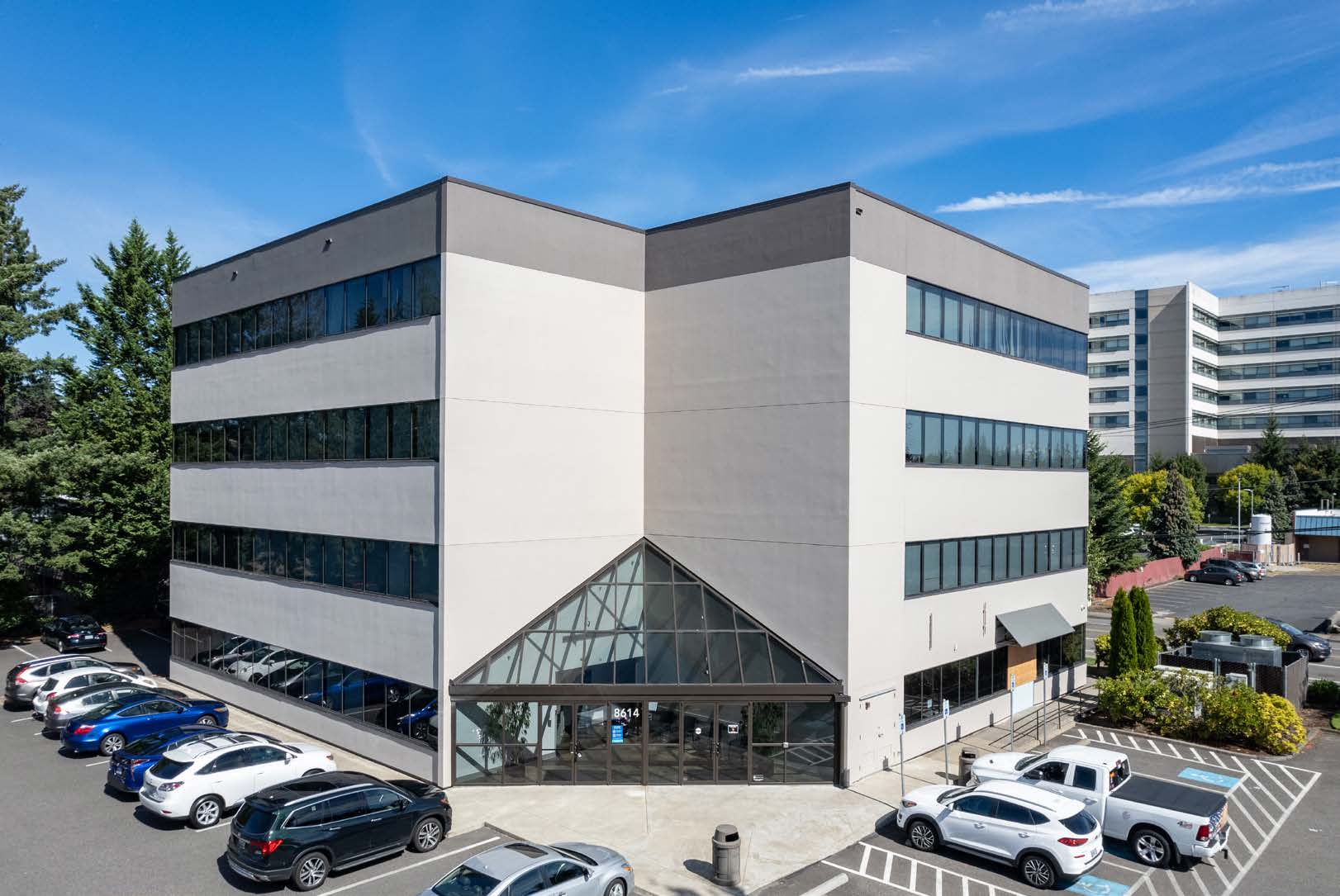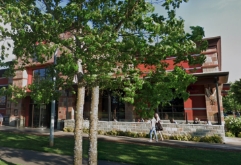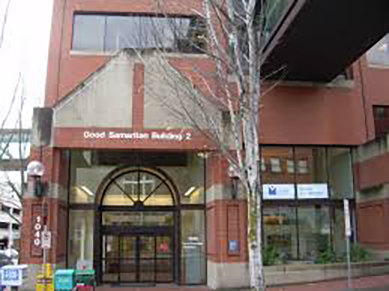Conditions
Dysphagia
Describes difficulty swallowing that includes difficulty starting a swallow (oropharyngeal dysphagia) and the sensation of food being stuck in the neck or chest (esophageal dysphagia). Esophageal dysphagia can be caused by acid reflux disease, inflammation of the lining of the esophagus, tumors within the esophagus, or compression of the esophagus from growths in the chest.
Achalasia and other swallowing disorders
Achalasia is a swallowing disorder that affects the esophagus where the muscles of the esophagus have difficulty pushing food or liquid down into the stomach. The valve at the lower end of your esophagus called the lower esophageal sphincter (LES) also has a problem. The ring of muscle in the valve does not relax enough to let food and liquid pass easily from the esophagus into the stomach. Achalasia usually develops slowly. It becomes harder to swallow food and drinks over time. Achalasia has no cure but can be managed with treatment.
Symptoms: trouble swallowing food (dysphagia), food or liquid flowing back up into your throat (regurgitation), waking up at night coughing or choking due to regurgitation, heartburn, chest pain or pressure, trouble burping, weight loss.
Gastroesophageal Reflux Disease (GERD)
Gastroesophageal reflux is a physical condition in which acid from the stomach flows backward up into the esophagus.
People will experience heartburn symptoms when excessive amounts of acid reflux into the esophagus. Many describe heartburn as a feeling of burning discomfort, localized behind the breastbone, that moves up toward the neck and throat.
Most people will experience heartburn if the lining of the esophagus comes in contact with too much stomach juice for too long a period of time. This stomach juice consists of acid, digestive enzymes, and other injurious material. The prolonged contact of acidic stomach juice with the esophageal lining injures the esophagus and produces a burning discomfort.
Normally, a muscular valve at the lower end of the esophagus called the lower esophageal sphincter or “LES” – keeps the acid in the stomach and out of the esophagus. In GERD, the LES relaxes too frequently, which allows stomach acid to reflux, or flow backward into the esophagus.
A common symptom of GERD is heartburn. Individuals with more frequent episodes of heartburn may have GERD. Other less common symptoms of GERD is non-burning chest pain, difficulty swallowing also known as dysphagia, pain when swallowing (odynophagia), persistent laryngitis/hoarseness/sore throat, chronic cough, new onset of asthma, regurgitation of foods and fluids, taste of acid in the throat.
Barrett’s Esophagus
This disease is more commonly seen in people who have frequent, persistent heartburn or GERD. GERD symptoms include heartburn that may wake you up at night, occur after meals or in between, and may temporarily improve with antacids. Acid regurgitation or the experience of sour or bitter tasting fluid coming back up into the mouth, is also a GERD symptom. Some people do not have any of these symptoms and are still at risk of developing Barrett’s esophagus. It is known that patients with Barrett’s esophagus have a low risk of developing esophageal cancer. The overall risk of cancer may increase as the years go by, but more likely people with Barrett’s esophagus will not develop cancer. Barrett’s esophagus is a condition that you need to know about and take care of if you have it. Treatment includes proton pump inhibitors (PPIs) – esomeprazole (Nexium), lansoprazole (Prevacid), omeprazole (Prilosec), pantoprazole (Protonix), and others. PPIs work by turning off the pumps in the lining of your stomach that pump acid into the stomach.
Hiatal Hernia
Occurs when the upper part of the stomach pushes through an opening in the diaphragm and into the chest cavity. Hiatal Hernias can develop at any age, but commonly found in people in the age of 50 years or older. Hiatal Hernias are caused by an increase in pressure in the abdominal cavity built up by many things like chronic cough, vomiting, straining during bowel movements, heavy lifting, physical strain or can even experience it during pregnancy or obesity. People may not experience any symptoms of a hiatal hernia. Others may develop GERD, bitter or sour taste in the back of the throat, bloating and belching, discomfort or pain in the stomach or esophagus.
Esophageal Cancer
There are two main types of esophageal cancer that can occur in the esophagus. Squamous cell carcinoma occurs more commonly in the upper or middle part of the esophagus and Adenocarcinoma occurs in the lower part of the esophagus. Studies show esophageal cancer is commonly diagnosed in people over the age of 55 years. Men are affected twice as commonly as women. The exact cause is unknown, but there are risk factors such as alcohol, smoking, and obesity are the major risk factors. Small tumors do not usually cause any symptoms, but a person can have trouble swallowing as the tumor becomes larger and the width of the esophagus becomes narrowed.


